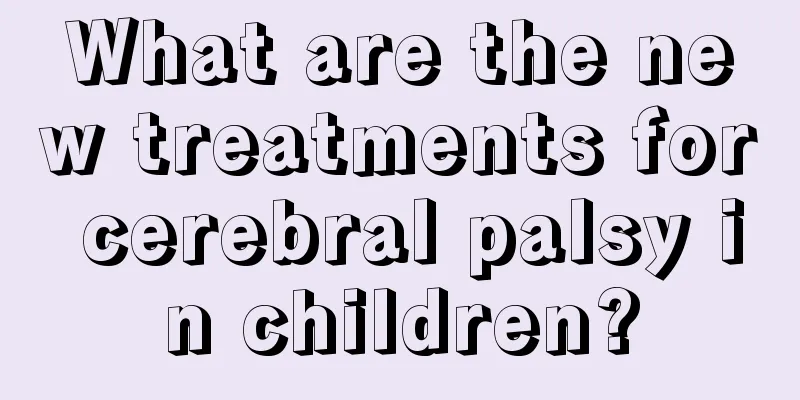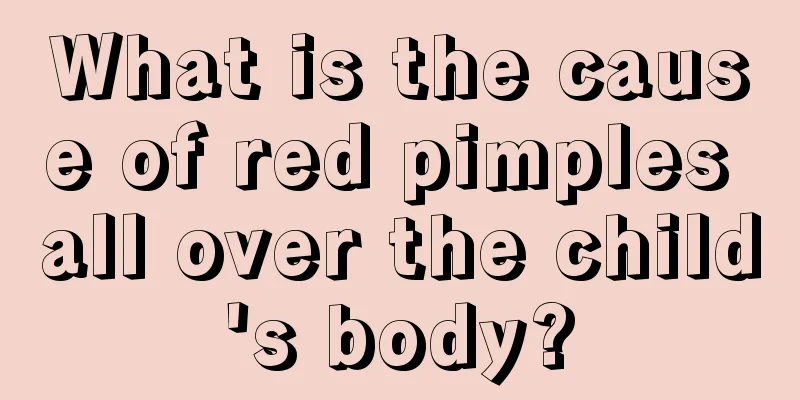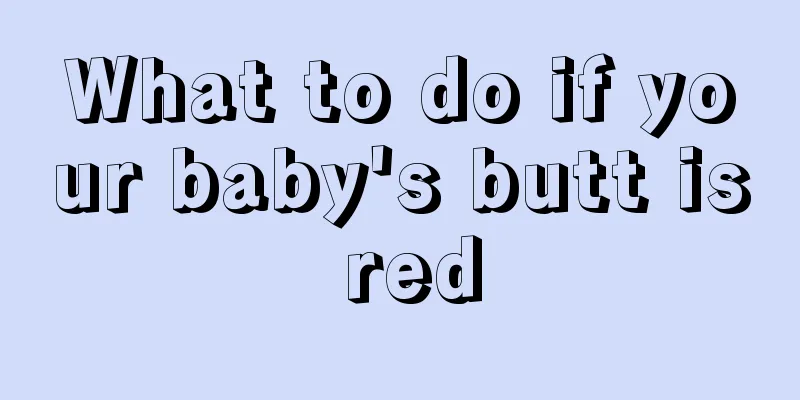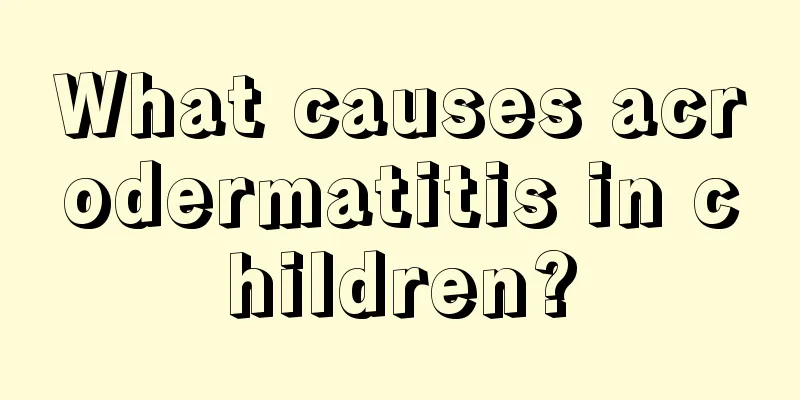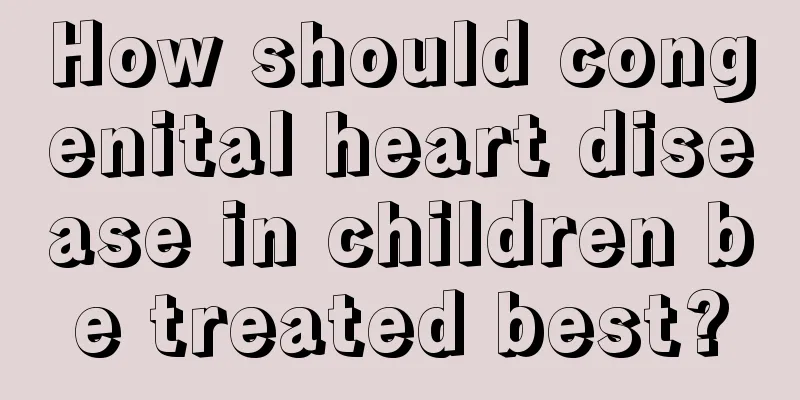Is it normal for babies to have throat sounds when breathing?

|
With the birth of the baby, expectant mothers are officially upgraded to mothers. They are happy about the birth of the baby but also a little worried. Facing this soft life, new mothers are also a little overwhelmed. There are so many firsts at once, the first time to feed the baby, the first time to put on a diaper, the first time to bathe him. Of course, they will also face many problems with the baby, such as the baby has a sound in the throat when breathing. What's going on? Is it a cold or a blockage? Let's talk about this issue today. Newborns or babies aged 2 to 3 months may make a sharp whistling sound in the throat when inhaling, or a gurgling sound. This is called congenital laryngeal wheeze, also known as laryngeal cartilage softening. This is because the baby's larynx is underdeveloped and the laryngeal cartilage softens, making the larynx narrow. When inhaling, the air flows through, causing the epiglottis cartilage to vibrate and make a sound. Most children with this condition are asymptomatic at birth and symptoms develop after an episode of influenza, diarrhea, or pneumonia. In mild cases, the stridor is intermittent, and is more obvious when one is frightened, crying or sick. It is mainly characterized by difficulty breathing when inhaling, without hoarseness, which distinguishes it from laryngitis. Such children are prone to choking or suffocation when feeding, so special attention should be paid when feeding. This type of laryngitis is caused by calcium deficiency which leads to softening of the laryngeal cartilage. Due to insufficient calcium supplementation, especially calcium deficiency during pregnancy, the baby is born with incomplete development of the larynx, which makes the larynx narrow and the laryngeal cartilage softened. Therefore, when inhaling, the two sides of the epiglottis cartilage curl backward and inward, contacting the larynx, blocking the entrance to the larynx and causing difficulty in breathing. It is necessary to supplement calcium, cod liver oil and get more sun exposure in time to promote cartilage development. Colds and other infectious diseases should be prevented because these diseases can aggravate children's breathing difficulties. If a child is found to have symptoms of respiratory infection, he or she should be treated promptly to avoid laryngeal spasm and suffocation, which can be life-threatening. To sum up, new mothers don’t need to worry. It is normal for babies to have sounds in their throats when breathing. However, you still need to rule out the possibility that the baby has a cold. If it is a cold, it will also cause phlegm and cause sounds in the throat when breathing. If this is the case, you can feed the baby some medicine as prescribed by the doctor. In addition, giving the baby more boiled water will also be helpful. |
<<: Daytime sleep time for two and a half year old baby
>>: What is herpes in baby's throat
Recommend
What to do if you have a cold, diarrhea or fever
There are many cases in life where people suffer ...
What is the diet plan for a 6 month old baby?
As the baby grows day by day, many mothers hope t...
How old should children take cod liver oil?
Cod liver oil is a nutrient needed by babies. It ...
What is the reason why babies fart and poop?
Newborn babies cannot defecate independently beca...
How to treat a child with fever and convulsions
I believe that careful parents will find that whe...
What are the ball games for children?
The early childhood period is a relatively import...
What should I do if my newborn always chokes when drinking water? How can I drink water correctly?
Newborn babies' swallowing movements are not ...
Symptoms of infantile spasms
In daily life, we may not understand certain dise...
Children occasionally twitch
We all know that children's body functions ar...
What are the recipes for children's cough?
A child's cough is a headache for parents, an...
Treatment for amblyopia in one eye
Amblyopia is a type of eye disease that has a ser...
Precautions after baby's hernia surgery
Many children have hernias. If the hernia is not ...
What medicine is good for children with zinc deficiency?
As people grow, their bodies will lack nutrients t...
What is the reason for white bumps on baby's gums?
White bumps will appear on the baby's gums be...
What should I do if my two-year-old baby has a cough and runny nose?
Two-year-old babies are relatively young and have...


